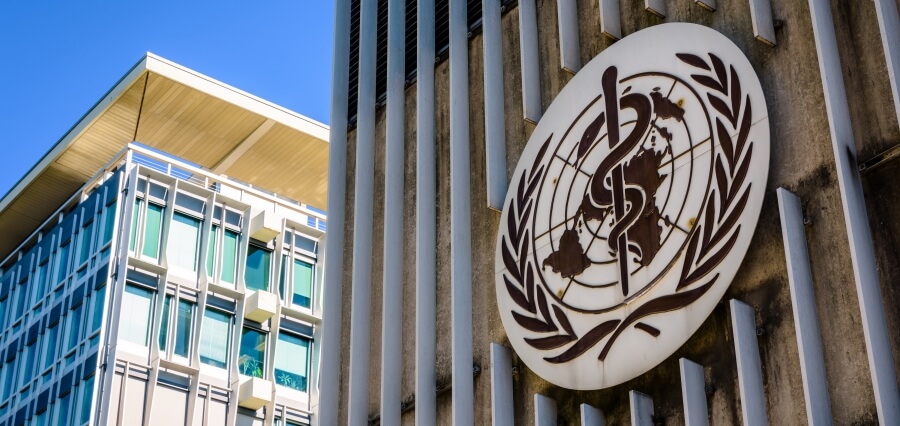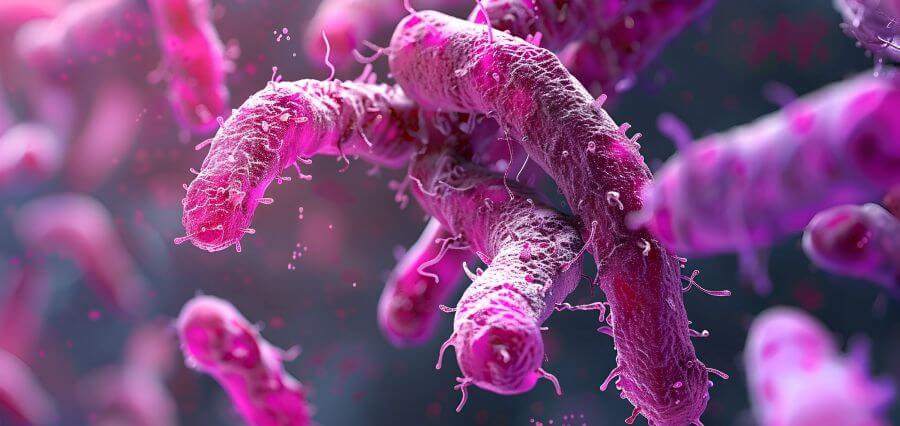The World Health Organization (WHO) is calling on South-East Asian countries to enhance surveillance efforts in light of rising cases of respiratory illnesses, including those caused by COVID-19 and its new sub-variant JN.1, as well as influenza. The WHO also encourages individuals to take protective measures.
Dr. Poonam Khetrapal Singh, the regional director of WHO South-East Asia, stated, “The COVID-19 virus continues to evolve, change, and circulate in all countries globally. While current evidence suggests the additional public health risk posed by JN.1 is low, we must continue to track the evolution of these viruses to tailor our response. For this, countries must strengthen surveillance and sequencing, and ensure sharing of data.”
JN.1 has been classified as a variant of interest by the WHO due to its rapid global spread. Its prevalence has been increasing rapidly worldwide. Despite limited evidence, the additional public health risk posed by JN.1 is currently considered low on a global level.
It is anticipated that this variant could lead to an increase in COVID-19 cases, particularly in countries entering the winter season, along with a surge in infections of other viral and bacterial diseases.
“As people travel and gather for festivities during the holiday season, spending a lot of time together indoors where poor ventilation facilitates transmission of viruses that cause respiratory diseases, they must take protective measures and seek timely clinical care when unwell,” emphasized Dr. Khetrapal Singh.
The regional director also stressed the importance of vaccination against COVID-19 and influenza, especially for high-risk individuals. She assured that all WHO-approved COVID-19 vaccines continue to offer protection against severe diseases and deaths from all variants, including JN.1.
Despite considerable progress in detecting and assessing risks posed by SARS-CoV-2, testing and reporting of COVID-19 cases have decreased. With COVID-19 continuing to circulate globally, countries are urged to enhance surveillance, sequencing, and reporting to effectively manage respiratory diseases and protect public health.
Read More: https://thecareworld.com/





